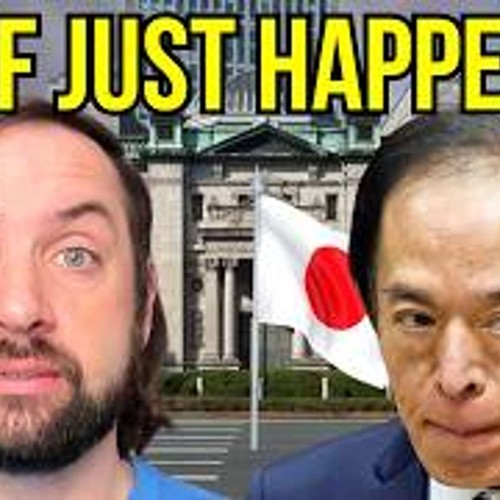
 Eurodollar University
Eurodollar University Japan Has Fallen: Here's What It Means for the World
5 snips
May 4, 2025 Japan's latest economic challenges reveal deeper global implications as the Bank of Japan pauses rate hikes amid a negative GDP forecast. The discussion dives into dollar interest rate swaps and their significant role in the global financial landscape. Surprising insights emerge about swap spreads and their connection to U.S. Treasury yields, challenging conventional wisdom. The intricate relationship between monetary conditions, swap spreads, and oil prices is also examined, emphasizing how Japan's issues resonate across international markets.
AI Snips
Chapters
Transcript
Episode notes
Japan's Unique Rate Hikes Amid Slowdown
- Japan's Bank of Japan was hiking rates while expecting inflationary recovery despite global downturns.
- This made Japan an outlier against a globally synchronized economic slowdown and weakening price pressures elsewhere.
Swap Spreads Reveal Hidden Economic Risks
- Interest rate swap spreads reveal deep financial and economic health insights often missed by economists.
- Negative swap spreads signal prolonged low rates, economic fragility, and financial system volatility.
Swaps and Oil Prices Correlation
- Swap spreads and oil prices correlate closely, revealing economic conditions beyond visible monetary issues.
- OPEC's price supports failed as swaps priced a fragile economy with declining demand, forcing supply increases.
